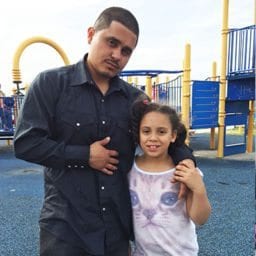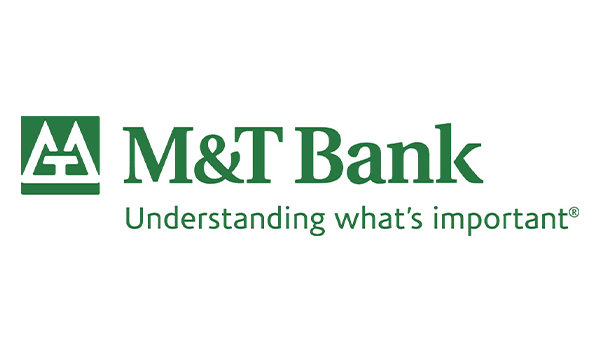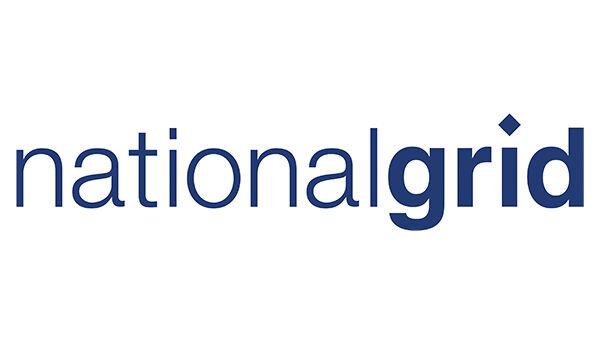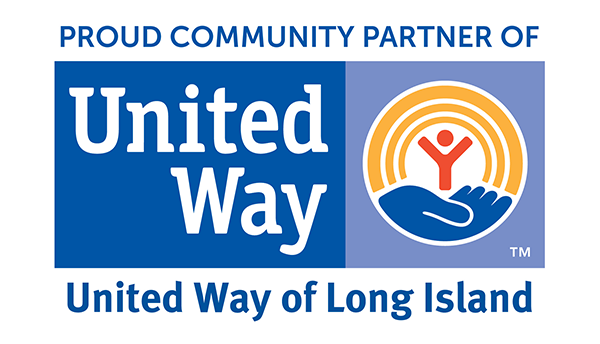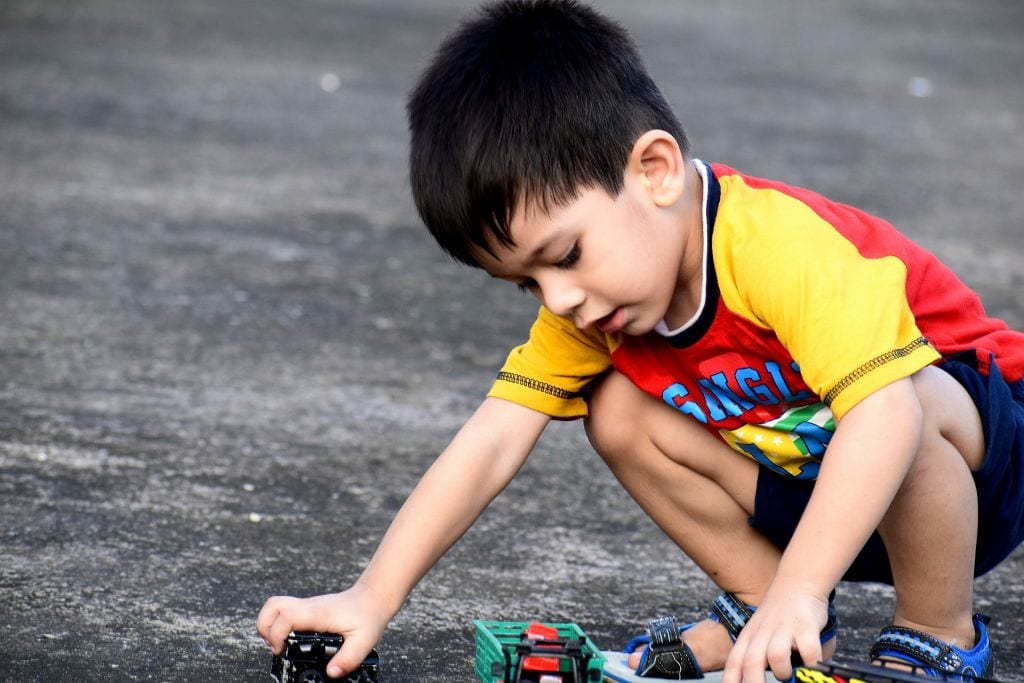 It is a perfectly normal part of development for toddlers to believe that everything is “mine.” As they begin to understand the concept of possession, they are also beginning to test boundaries and gain independence. They are coming to understand that they are separate individuals from others. As children learn about themselves as individuals with characteristics that are both similar and different from others, a conflict arises. At this time, sharing is not a focus for them, as they are more concerned with their own desires.
It is a perfectly normal part of development for toddlers to believe that everything is “mine.” As they begin to understand the concept of possession, they are also beginning to test boundaries and gain independence. They are coming to understand that they are separate individuals from others. As children learn about themselves as individuals with characteristics that are both similar and different from others, a conflict arises. At this time, sharing is not a focus for them, as they are more concerned with their own desires.
Toddlers believe almost everything is theirs, while preschoolers begin to understand that certain items are theirs. Items that are meaningful for them are viewed as extensions of themselves. This explains why they become territorial over these items. Children typically start sharing because adults around them tell them to. For a child to begin to share on their own, they need to have the ability to empathize. They must gain the cognitive ability to understand the perspective of others, and the understanding that the other child wants this item as well and will be upset if they do not get it.
Below are 4 strategies parents can implement during the “mine” stage.
1. Offer a plan: Before a play date, let your child decide what is available for sharing and what s/he wants to keep away. Feeling ownership over the experience and having boundaries can give him or her the opportunity to practice sharing in a way that is comfortable for them. At home, consider setting a timer when playing with a desirable object if the child is having difficulty sharing with a sibling.
2. Teach social skills: Help children learn how to ask for permission when they want to play with something instead of just grabbing at an item. Coach them to negotiate by teaching them to ask, “when you are finished, can I please play with that?” or by helping them learn how to trade items. Another negotiation strategy is teaching the child how to play with the toy with the other person. Teach your preschoolers to recognize that the other child they are playing with has feelings too. Explain that they both want to share the toy and both have feelings about it. This teaches perspective sharing.
3. Practice: Have your child share with you. Go to the playground to have your child practice taking turns as no one has ownership of the equipment and everyone must share within this space.
4. Praise: Praise your child when they share. Acknowledge what a good job they are doing, and how it benefits them to share. “Great job sharing! When you share your toys, people are more likely to share with you!”
Before preschoolers can share easily, they need to feel a sense of security. They need to understand the permanency of objects. They need to have opportunities to experience ownership themselves before being able to comprehend another person’s desire for ownership. Children also need to begin to develop feelings of empathy. Sometimes, when a child is acting possessive, it can be their way of feeling in control. There is not much a young child has power of in their day-to-day lives. Because of this, a child may take the opportunity to feel powerful by claiming ownership over materials or toys.
To learn more parenting strategies, check out our Long Island Parenting Institute, here.
* * *
 Graziella Simonetti is a parent educator for EAC Network’s Long Island Parenting Institute and works as an early childhood social worker for the New York City Department of Education. She holds an advanced certificate in parent education from Adelphi University and is a NYSPEP credentialed parenting educator. She is also a former kindergarten teacher.
Graziella Simonetti is a parent educator for EAC Network’s Long Island Parenting Institute and works as an early childhood social worker for the New York City Department of Education. She holds an advanced certificate in parent education from Adelphi University and is a NYSPEP credentialed parenting educator. She is also a former kindergarten teacher.





